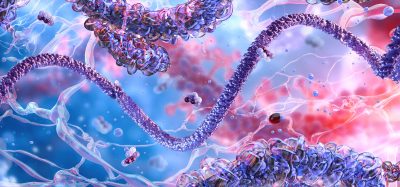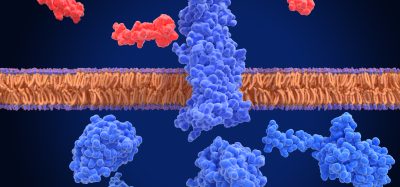Reduced levels of H2S in rat brains protects against dementia
Posted: 16 April 2021 | Victoria Rees (Drug Target Review) | No comments yet
A study has shown that treatments to reduce levels of hydrogen sulphide (H2S) in the brain may help to prevent dementia.


A new potential treatment for dementia and epilepsy that could reduce the amounts of a toxic gas in the brain has been revealed in a study using rat brain cells. The study was conducted at the University of Reading, University of Leeds, both UK, and John Hopkins University, US.
The study showed that treatments to reduce levels of hydrogen sulphide (H2S) in the brain may help to ward off damage caused by the gas. By testing rat brain cells, the scientists found that H2S is involved in blocking a key brain cell gateway that helps the brain to communicate effectively.
Dr Mark Dallas, Associate Professor in Cellular Neuroscience at the University of Reading said: “This is an exciting finding as it gives us new insights about the role of H2S in various brain diseases, such as dementia and epilepsy. There has been growing interest in the effect of H2S on the brain and this study shows how important the implications of its build-up on proper brain functioning may be.”
The researchers found that H2S acts to disrupt the normal functioning of potassium channels. These channels regulate electrical activity across the connections between brain cells and when these channels are blocked from working properly, brain cells become overexcited, potentially leading to nerve cell death.
In the study, cells taken from rat brains were charged with a H2S donor molecule and then brain cell electrical signals were monitored. The resulting exposure to H2S increased the level of activity in brain cells and the research was able to establish that the effect was specifically controlled by the potassium channel tested.
The team were also able to identify which part of the potassium channel was allowing this effect from H2S. They used a mutated form of the potassium channel, which has already been shown to protect nerve cells from a host of toxic stimuli, including amyloid beta and found that the mutation was resistant to the effect of H2S that was seen in natural cells.
The specific mutated channel now holds particular interest for research into Alzheimer’s disease, given the protective benefits against amyloid beta which is also implicated in dementia.
Dr Moza Al-Owais, Research Fellow at the University of Leeds said: “This exciting study demonstrates the growing evidence that gasotransmitters play an important role as signalling molecules in the regulation of the physiological processes underlying Alzheimer’s disease, which are relatively poorly understood, opening new avenues for investigation and drug discovery.”
The research was published in Scientific Reports.
Related topics
Drug Discovery, In Vivo, Molecular Targets, Neurosciences
Related conditions
Alzheimer’s disease, Dementia
Related organisations
John Hopkins University, Leeds University, University of Reading
Related people
Dr Mark Dallas, Dr Moza Al-Owais








